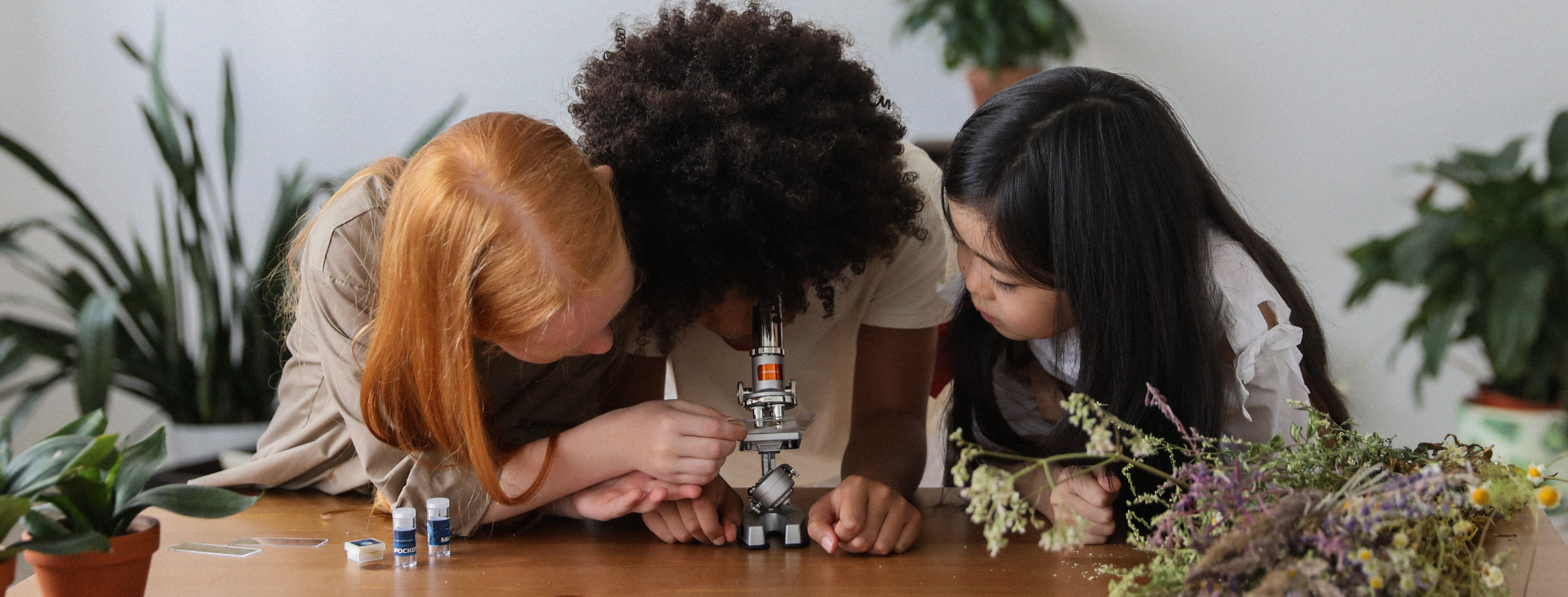 MPL’s “Learning at Home” series is designed to support elementary level students' continued learning beyond the classroom. The posts explore topics related to the Ontario Curriculum and are designed to spark curiosity, learning and fun!
MPL’s “Learning at Home” series is designed to support elementary level students' continued learning beyond the classroom. The posts explore topics related to the Ontario Curriculum and are designed to spark curiosity, learning and fun!
In science class we learn about animals, plants and humans. Want to test how much you know? Try out the activities below!
Grade 1: Needs and Characteristics of Living Things
Watch the video above on the four rules of living things.
Complete this worksheet to demonstrate what you've learned. Talk to your grown up and explain why you circled the things you've circled.
Go on a walk around the neighbourhood and talk about all the living things you see. Record it by writing about or drawing what you saw when you get home!
Play some games to learn more about what animals and plants need!
Help the Galaxy Pugs observe Earth’s animals, learn how to grow plants, study the human body, experiment with materials, explore our planet’s habitats on BBC Bitesize.
Explore nature or create a pond ecosystem with Elinor on PBS Kids.
Design and build an Insect Inn to keep insects alive on TVO mPower (account and login required)
Grade 2: Growth and Changes in Animals
Watch the video above to learn about how living things change and adapt.
Write down or draw some animal adaptations you know, think about animals hibernate, migrate or use camouflage.
Research your favourite animal using World Book Student (library card and login required) and write down or draw it's distinct characteristics and talk to your grown up about the animal's basic needs.
Play Forest Explorers on TVO mPower (login required) to build protective areas for animals by investigating the animal's needs.
Grade 3: Growth and Changes in Plants
Now that you know what plants need to grow, try to grow your own plant! You can try growing dry beans (kidney beans or lima beans will work) or growing kitchen scraps like celery, lettuce, green onion stalks. Watch your plant over time and record the changes you see.
Play Community Garden on TVO mPower (login required) to design and test a garden to see if it meets the different needs of the plants.
Grade 4: Habitats and Communities
Have you ever seen a fox or coyote in the neighbourhood? The city is their habitat and it is important for us to co-exist peacefully with them, here are some tips on how to best interact with these animals.
Explore different habitats and ecosystems with Plum Landing
Play Earth Squad,Go! and explore different habitats on BBC BiteSize
Can you find the food chains in these different habitats? Woodland, Tundra and Savannah
Tips for Parents
How can parents support science learning?
The science curriculum in general aims to help students gain skills in experimenting, researching and problem solving. These skills can be implemented in everyday life by engaging your child through questions helping them make hypotheses, record and interpreting observations and draw conclusions.
- Learning about science is about curiosity and discovery. A great way to foster curiosity and encourage science learning is to ask your child questions during day-to-day activities (cooking together, bath time, walks in the park, etc.). Prompts could look like "Why do you think this happened?", "What if we tried this...", "I wonder if what would happen if...".
- Model problem solving and learning. Parents don't need to know everything, show your child it is okay if an experiment or activity doesn't work out. Ask your child what they think went wrong or ways to solve the problem. Learn together!
- Encourage your child to record their observations. Write, draw or take photos of things that your child finds fascinating.
- Learn together, watch a video or listen to a podcast as a family and recap what you've learned.
- Some interesting and educational videos on YouTube: Crash Course Kids, SciShow Kids and National Geographic Kids
- If you are avoiding more screen time, try these podcasts created just for kids: Brains On! and Tumble Science Podcasts for Kids


Add a comment to: Let’s Learn Science! Understanding Life Systems